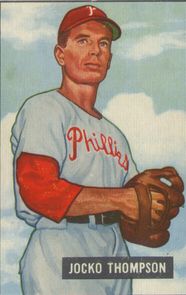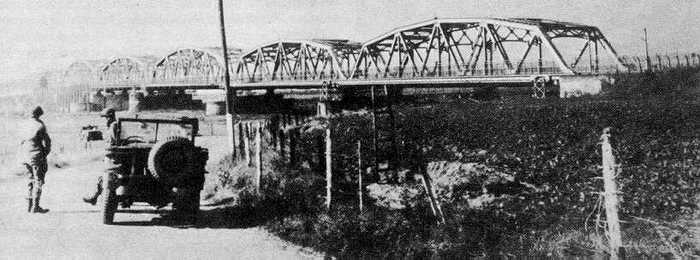

|
|
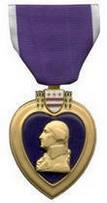
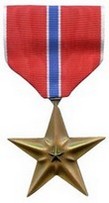
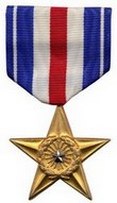
Jocko Thompson
Date and Place of Birth: January 17, 1917 Beverly, Massachusetts
Died: February 3, 1988 Olney, Maryland
Baseball Experience:
Major League
Position: Pitcher
Rank: First Lieutenant
Military Unit: Company E, 504th Parachute Infantry
Regiment, 82nd Airborne Division US Army
Area Served: European Theater of Operations
Thompson won 19 games during his rookie season for the Centreville
Red Sox in the Eastern Shore League. The following year he was in
the Army and joined the paratroopers, attached to the 504th
Parachute Infantry Regiment, 82nd Airborne Division.
On 17 September, 1944, Lieutenant Thompson played a vital role in
Operation Market Garden - the largest airborne operation in history.
As platoon leader, he and his men landed only 600 hundred yards from
the southwestern edge of the bridge at Grave that spanned the Maas
River. He could hear erratic firing from the town itself but
everything around the bridge was quiet. Thompson was unsure whether
he should attack with the 16 men in his platoon or wait for the
remainder of the company. “Since this was our primary mission, I
decided to attack,” he told author Cornelius Ryan.
Thompson led his platoon to cover in nearby drainage ditches, before
wading in water up to their necks as they worked their way towards
the bridge. They soon began receiving fire from a tower on the
bridge and also noticed a lot of other activity around a building on
the bridge that Thompson thought might be a powerplant. Thompson
believed the Germans might be preparing to blow up the bridge so he
deployed his men to attack the building. “We raked the area with
machine guns, overran the power plant, found four dead Germans and
one wounded,” recalled Thompson. Shortly afterwards, Thompson heard
two trucks approaching from the town. The driver of the lead vehicle
was killed and the other vehicle quickly came to a halt. German
soldiers poured out of the back of both vehicles and were met with a
hail of fire from Thompson’s platoon. They soon retreated back
towards the town. Grave
Bridge in Holland
Thompson’s bazooka man then dealt with the machine-gun fire coming
from the tower on the bridge, and the platoon set up a road block,
securing the bridge until the arrival of further elements of the 82nd
Airborne.
Lieutenant Thompson was wounded in action twice during the war and
in addition to being awarded the Silver Star and Bronze Star, he
also received decorations from the French, Dutch and Belgians. He
saw action during the Battle of the Bulge and at the end of the war
he served as an aide to General James Gavin in the occupation of
Berlin.
Thompson was back playing baseball in 1946 and posted a 15-7 record
with the Scranton Red Sox of the Eastern League. He was with the
Toronto Maple Leafs in
1947 and remained with the Maple Leafs in 1948 when the working
agreement with Boston ended and he became the property of the
Philadelphia Phillies.
He was 13-8 with Toronto and on September 21, 1948, 31-year-old
Thompson made his major league debut with Philadelphia, beating the
Reds on a 5-hitter.
Thompson was 14-5 with Toronto in 1949 and made eight appearances
with the Phillies posting a 1-3 record. In 1950 he was 10-14 in
Toronto and made two relief appearances in Philadelphia. Thompson,
at 34, pitched in 29 games for the Phillies in 1951, with a 4-8
won-loss record and a 3.85 ERA.
Jocko Thompson passed away in Olney, Maryland on February 3, 1988.
In September 17, 2004 – 60 years after Thompson’s platoon captured
the bridge at Grave in Holland - it was renamed Lieutenant John S
Thompson Bridge. His widow and many WWII veterans were present at
the ceremony.
Thanks to Dave Berry
at
www.pathfinderhistoricalconsultants.com for help with this
biography. Some of the above information was taken from Cornelius
Ryan’s “A Bridge Too Far” (Simon & Schuster Inc; Reprinted Ed
edition May 1995)
Created February 10, 2007.
Copyright © 2008 Gary Bedingfield (Baseball
in Wartime). All Rights Reserved.
